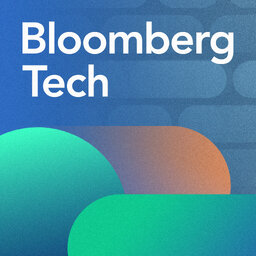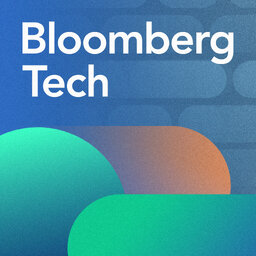FOMC Rate Decision and VC Interest in AI
Bloomberg's Caroline Hyde and Ed Ludlow break down the state of the banking system and how higher rates are impacting the tech sector ahead of the FOMC Rate decision. Plus, a look at VC investing in generative AI with Khosla Ventures and Sequoia Capital.
 Bloomberg Tech
Bloomberg Tech


